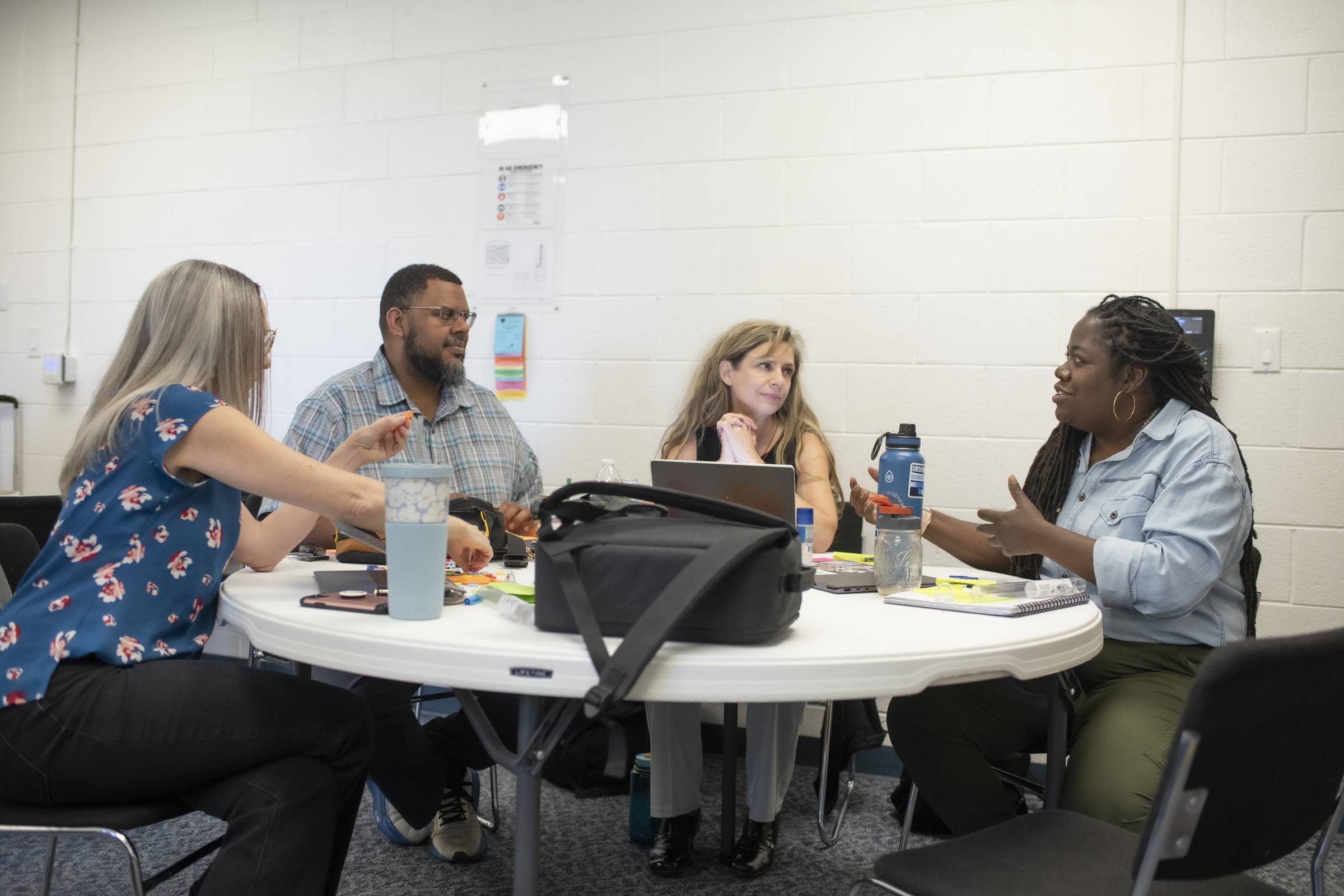We specialize in stakeholder and public process, collectively generating solutions to complex social and environmental challenges.
The Civic Consulting Collaborative is a mission-driven firm
We are grounded in a set of shared values we integrate into every level of our work. Our principal-level consultants offer expertise in a wide array of fields, yet our approach is always inclusive and focused on impact.
Our Values
Who We Serve
Our clients include collaboratives and coalitions; local, state and federal governments; nonprofits; foundations; social enterprises; and corporate social responsibility departments.
We work from the beginning design stage through report development and everything in between.
Testimonials
“Jacob, Marisol, and the whole Civic Consulting Collaborative team are the dream team for facilitation! They helped a huge task force navigate an extremely contentious issue, and got the group to 100% consensus on all of the recommendations. They set a new bar for community engagement through a myriad of different approaches and flawlessly navigated the transition to a virtual approach due to the COVID-19 pandemic. The team brought the perfect mix of calm professionalism, humor and fun to help the group stay focused and on-task with weekly meetings over a six month period on a tight timeline. We could not have done this without Civic Consulting Collaborative, and I can’t wait to work with them again!”
Jolon Clark
Former President of Denver City Council
"During more than three decades of conservation work, I’ve not participated in an effort more inclusive, interactive, strategic or inspiring. The Roadmap Summit has literally ushered in a new era of collaborative conservation. Kudos to you for masterful coordination and to Marisol and Meagan for excellent workgroup facilitation."
Grasslands Roadmap Summit Participant
“Working with Civic Consulting Collaborative team members makes planning and implementing our ideas a reality. They have multi-dimensional expertise, compassion and innovative ideas, and are a pleasure to work with.”
Christine "Chris" Meyer, MA
COACT Project Director



